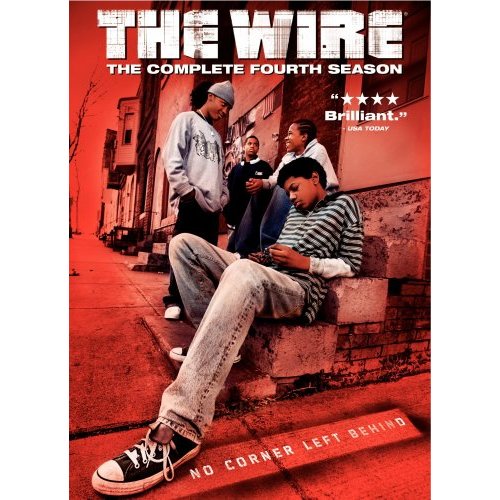
In the past year, two TV shows started. They both had the most gimicky concepts I've ever come across. It was quite a shock, that they both turned out to be my favourite recent UK TV finds. The first; A Vampire, a Werewolf and a Ghost share a house together. The other, ASBOs with superpowers.
First, with the malcontents of this world; recently, I took a chance on a short lived, comedy drama series on E4 called Misfits. It turned out to be a revelation. It was about characters I should have hated; chavs, criminals, malcontents and ASBO recipients. Then they almost get killed by hail stones the size of shopping trolleys and get struck by lightning while painting canal-side benches. This, of course, gives them all unique super powers.
So, do they then use this power to solve crimes, or save the world? Do they bollocks! No, they use it to cover up a murder they commit in self defence. They use it to stay alive as many others around their dreary, inner city existence begin to exhibit abilities as well. The Misfits' powers manifest from their desires and insecurities, for instance sensitive, former athlete Curtis who regrets his decisions that led him to community service gains the ability to rewind time when he feels guilt, regret or panic. Super-chav Kelly believes everyone is talking about her behind her back, as well as thinking ill of her, and so becomes a mind-reader. Shy, awkward Simon is friendless and lonely and considers himself un-noticed, manifesting itself as the power of invisibility. Sexy, confident Alisha considers her physical appearence to be her primary and only asset and that the only reason she is noticed and accepted is her sexuality, and through the storm, can induce men into wildly passionate lust through touch. And Nathan... well, that'd be telling, wouldn't it? Nathan is the series' best, most interesting character. He's the group's sort of leader, except he isn't. He's a cocky, witty, urbane, crude Irish prankster, seemingly without a shred of decency or morality within himself, except he's very sensitive, passionate and deep, beneath all the smug, bravada.
Misfits works because it is well written, with a heavy focus on characters, continuity and a fully fleshed out universe. It is very funny, but also kind of heart breaking, tense and extrememly dark. I loved it. Roll on series 2!
As for the second series I mentioned. Well, this is last year's Being Human. Whose premise sounds like the first line of a joke. A bad joke. I expected, honestly, a 'Two pints of lager and a packet of crisps' type show. With jokes about leaving the blood out of the fridge to go off, and werewolf hair on the sofa. Instead, what we were gifted with was nuanced and somewhat profound. It was about three, lonely, lost souls, who find each other and share a house in modern day Bristol. The only thing unusual about it was that the leads were monsters. A vampire, a werewolf and a ghost. But this was a superficial detail, a metaphor for the trials of life.
Mitchell is a vampire gone straight, a man looking to leave his past behind him, and start afresh, though the local tribe of bloodsuckers is unlikely to let him rest... or get in their way.
George was the victim of a single scratch and now seeks to remove himself from society, afraid of what he might do when the moon rises. And Annie is a spirit and agrophobe, trapped in the house where she died, un-noticed and forgotten, trying to come to grips with the lives being lived in her absence.
It was also sharply written, with a strong core of humanity and emotional attatchment. The characters were believable, even if they are inhuman creatures, and the story exciting and engaging. Series 2 of being Human arrives next month on BBC 3.
So why this rise of new British fantasy? I like to think that Russel T. Davies' re-vamped Dr Who has something to do with it. That such a successful and mass appeal relaunch of a sci-fi series has helped usher in a new wave of genre programming. Perhaps, now, after Buffy, Battlestar, Lost and its ilk have swept the US, now, it is our turn to probe the darkness for new ideas and experiences?

